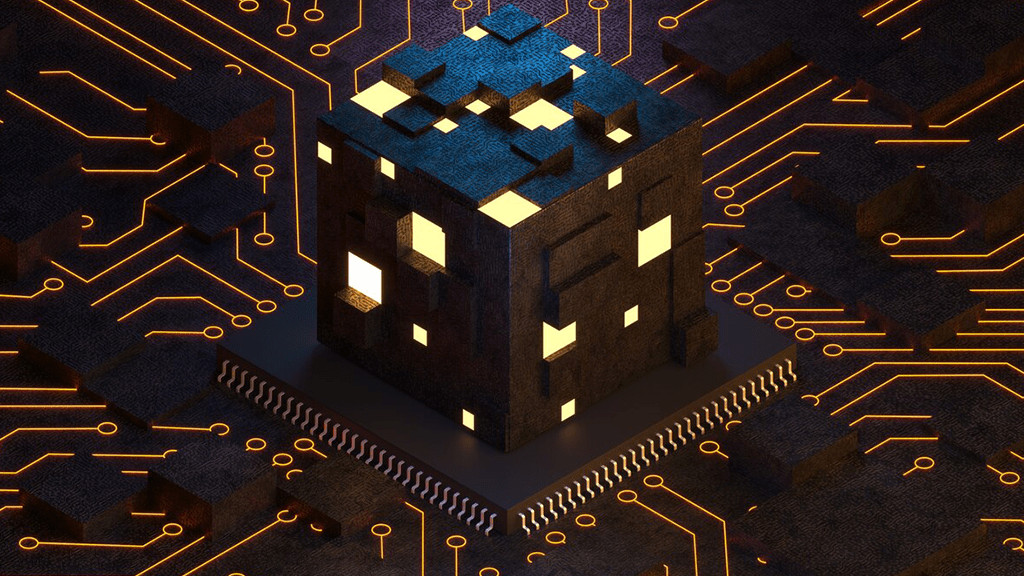Blockchain Revolutionizes Renewable Energy: Simplified

August 14, 2023: Blockchain technology is shaking up the energy industry, particularly in renewable energy. Imagine your solar panels communicating seamlessly with your smart meter through a secure network – that’s the power of blockchain. But how does it work, and why does it matter for renewable energy?
From Centralized to Decentralized Energy
Our current energy system, where large power plants distribute electricity through grids, shows its age. Enter blockchain – the potential game-changer that can shift the energy landscape. Traditional energy setups have their issues – they’re not as secure, reliable, or sustainable as they should be. That’s where blockchain steps in.
Unlocking a Sustainable Future
Blockchain can pave the way for a decentralized energy system where everyone from homes to businesses can play a part. How does this work? Think of blockchain as an unchangeable digital record-keeper. It records transactions securely and transparently.
Three Key Elements of Blockchain
Immutable Records: When a transaction enters the blockchain, it can’t be tampered with. This creates trust among participants.
Distributed Ledger Technology: Every participant can access a shared ledger, eliminating duplication and ensuring accuracy.
Smart Contracts are like digital agreements that execute automatically when conditions are met. No intermediaries, just efficient, secure transactions.
Blockchain and Transactive Energy
Transactive energy is the future. Imagine generating power with your solar panels and selling excess energy back to the grid. Blockchain makes this seamless. Unlike the old way of slow trading between locations, blockchain enables fast, automatic transactions. And the best part? It promotes clean energy sources, reducing our carbon footprint.
Real-world Applications
Peer-to-Peer Energy Trading: Consumers can sell their excess renewable energy directly to others. Imagine being both a consumer and a producer of energy.
Renewable Energy Certificates: Blockchain ensures accurate credit issuance based on real-time energy production, cutting costs and benefiting producers and consumers.
Microgrids and ‘Prosumers’: Small energy producers can sell their extra energy, making the grid more efficient. Think of it as an energy-sharing network.
New Renewable Energy Markets: In places with limited energy access, blockchain simplifies local transactions. A local solar generator could sell power to neighbors directly.
The Path Forward
Blockchain isn’t just about technology; it’s about change. It’s a tool that can accelerate our transition to cleaner, decentralized energy systems. As we embrace this technology, the energy industry can finally shake off its legacy systems and step into a sustainable future.
Key Takeaways:
- Blockchain is revolutionizing renewable energy by enabling secure and automatic transactions.
- It shifts the energy landscape from centralized to decentralized, making energy trading efficient and clean.
- Three vital aspects of blockchain: unchangeable records, distributed ledgers, and smart contracts.
- Applications include direct energy trading, accurate energy certificates, microgrids, and opening new energy markets.
- Blockchain offers the key to a cleaner, more equitable energy future.


















































